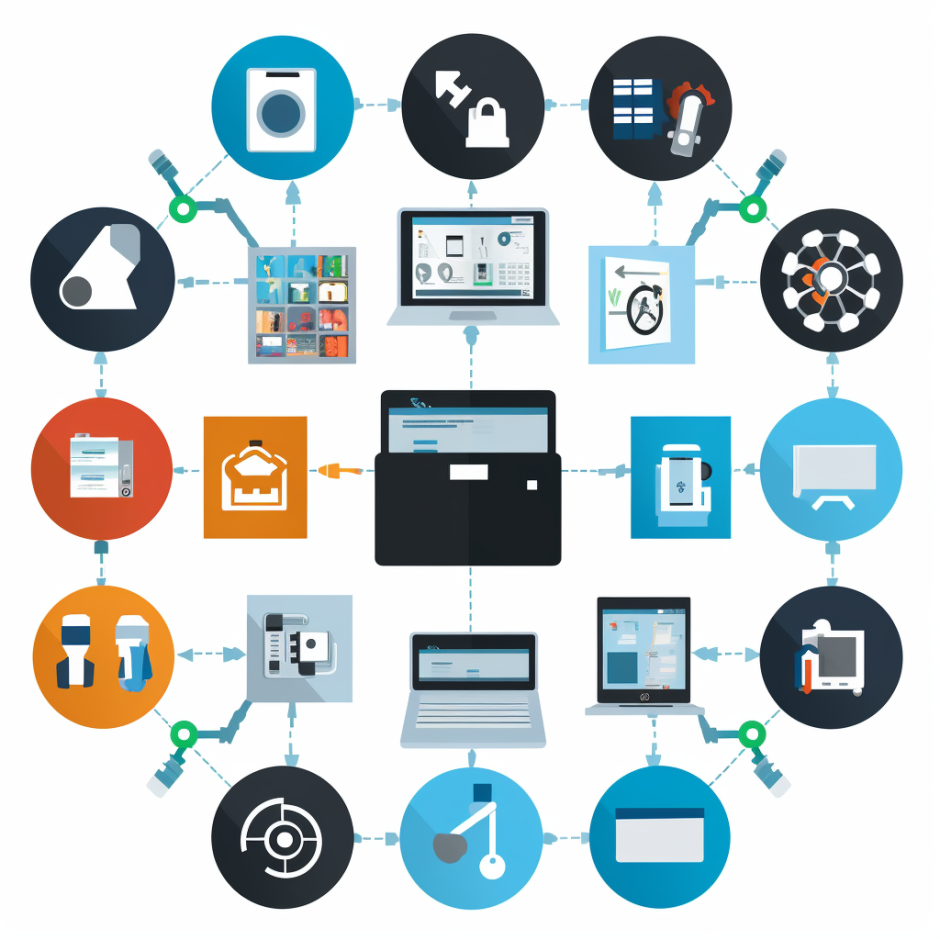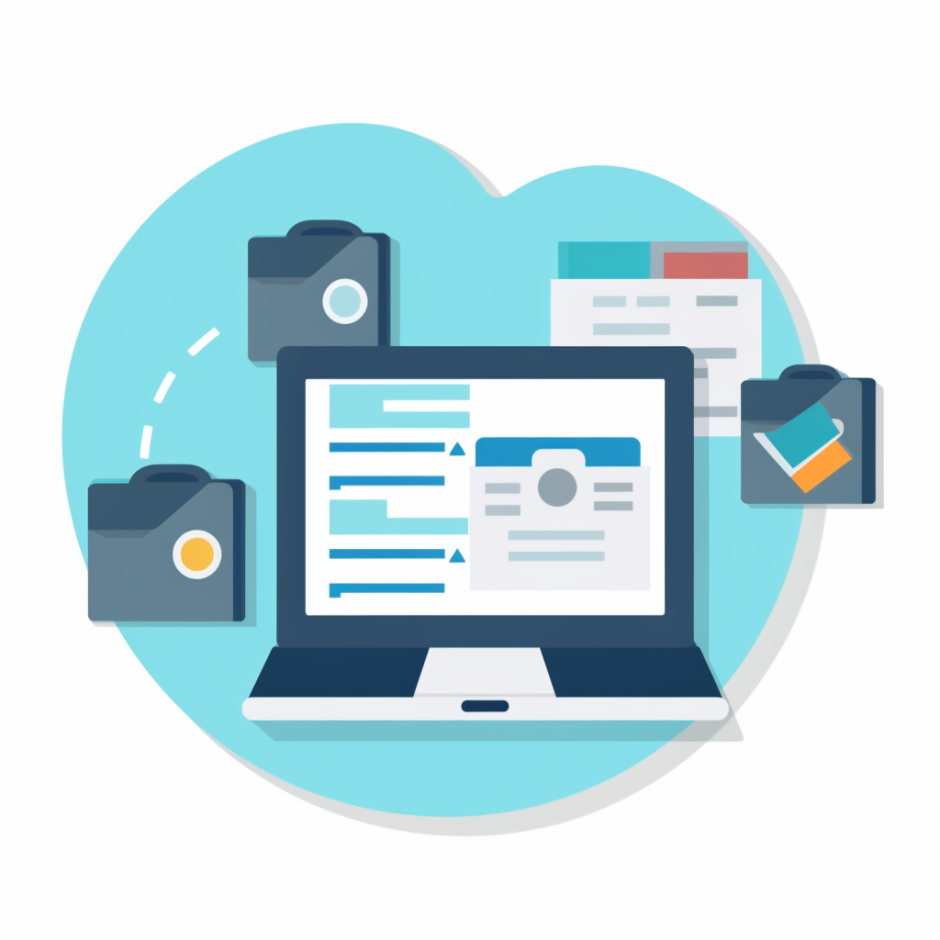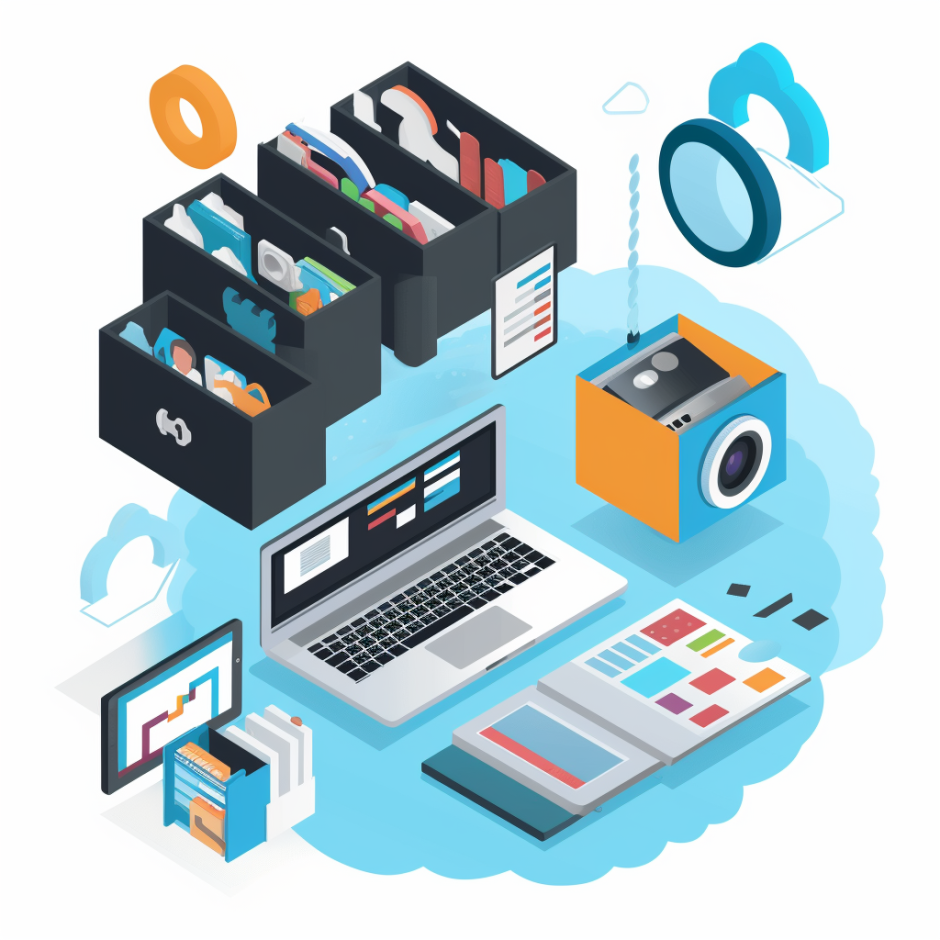
Best Digital Asset Management Software
✪✪✪✪✪ Editor’s choice
4.6
A+
Daminion
An intuitive and affordable DAM system that provides powerful search and filtering, customizable asset tagging and metadata, and advanced collaboration tools. It is ideal for small to medium-sized businesses.
Website:
Daminion.net ➡
4.45
A+
A modern and feature-rich DAM system that offers customizable branding options, advanced analytics, and a wide range of integrations. It is ideal for large enterprises and marketing teams.
Website:
Bynder.com ➡
4.35
A+
Brandfolder offers a user-friendly, customizable, and powerful cloud-based DAM system designed specifically for marketing and creative teams.
Website:
Brandfolder.com ➡
4.25
A+
An easy-to-use and budget-friendly DAM system that provides robust asset management and collaboration tools. It is ideal for small to medium-sized businesses.
Website:
Canto.com ➡
4.20
A+
A clean and powerful DAM system that offers customizable branding options, advanced analytics, and a wide range of integrations. It is ideal for large enterprises and marketing teams.
Website:
Widen.com ➡
4.15
A+
A user-friendly and scalable DAM system that provides advanced search and filtering, customizable asset tagging and metadata, and collaboration tools. It is ideal for small to large-sized businesses.
Website:
Mediavalet.com ➡
4.10
A+
Robust asset management, customizable branding, seamless collaboration, advanced metadata, versatile integration.
Website:
brands.photoshelter.com ➡
4.10
A+
Robust asset management, customizable branding, seamless collaboration, advanced metadata, versatile integration.
Website:
aprimo.com ➡
4.10
A+
Streamlined digital asset management, customizable branding, advanced metadata, seamless collaboration, and versatile third-party integrations.
Website:
aprimo.com ➡
Tips for Choosing a DAM System
Choosing the Right Digital Asset Management System for Your Organization
Identify the Types of Files to be Stored
The first step in choosing a DAM system is to determine the types of digital assets the organization will be managing. Different DAM systems may specialize in managing specific types of assets, such as images, videos, documents, or audio files. Understanding the organization’s needs will help narrow down the options and ensure the chosen system is tailored to manage the required asset types effectively.
Determine Who Will Be Using the System
Next, consider the roles and responsibilities of users who will be accessing the DAM system. Different user groups, such as marketers, designers, or sales teams, may have varying requirements for accessing and managing digital assets. The chosen DAM system should provide role-based permissions and user-friendly interfaces to cater to the diverse needs of the organization.
Define the Level of Security Required
The sensitivity of digital assets being stored in the DAM system may necessitate various levels of security. Organizations must consider factors such as user permissions, access controls, and encryption to protect their digital assets from unauthorized access or data breaches. The chosen DAM system should offer robust security features that align with the organization’s security requirements.
Research and Compare DAM Systems
When selecting a DAM system, it is important to consider factors such as the size and needs of your organization, the types of digital assets you need to manage, and the level of support and training offered by the system. It is also helpful to try out free trials, read customer reviews, and consult with industry experts to make an informed decision.
Consider Vendor Reputation and Support
The reputation and quality of customer support provided by a vendor are vital factors to consider when choosing a DAM system. Check reviews from other customers and ask for references to evaluate the vendor’s reputation. A vendor with a solid track record and responsive customer support ensures the organization will have a reliable partner to address any issues that arise during implementation or ongoing use.
Get Feedback from Stakeholders
Involving stakeholders such as marketing teams, creative teams, and IT teams in the selection process is crucial to ensure the chosen DAM system meets their needs and is easy to use. Gather feedback from these stakeholders on the shortlisted DAM systems to identify potential challenges, requirements, or preferences. This collaborative approach will help organizations select a DAM system that satisfies the needs of all involved parties.
Questions








